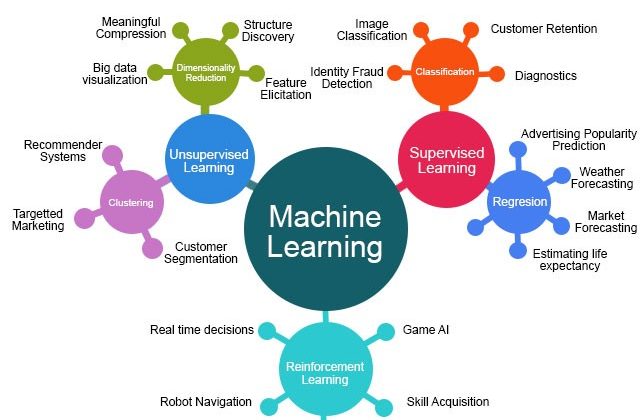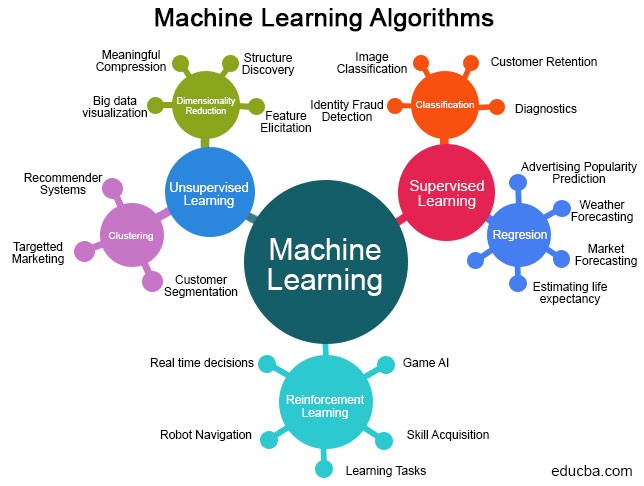
There are a few traits and characteristics everyone appreciates in human beings, even if they are ML engineers (brain envy is a real thing).
Here are the traits that most successful candidates seem to share.
Be collaborative. Machine Learning is not a one-man game. It’s more of a team sport. When you do land a job as an ML engineer, you’ll probably have work with technical people and non-technical people. And, you should have excellent communication and leadership skills to work with and lead a team.
Another important characteristic is being self-aware. It’s important to have the ability to learn from your mistakes. Being defensive about being wrong won’t get you very far. It’s just a way of telling the world you can’t accept your failures.
And, last but not least, be humble and be passionate about what you do, because that’s how you’ll be able to contribute positively. To show you what I mean, I’ll leave you with a quote from Deep Dhillon, Founder at Xyonix (Paraphrasing).
“Talent is hard to find. They’re overpaid and under-utilized right now. Facebook, Google, and Amazon are hiring all of the top talent. Ph.D graduates going to these companies are working on improving marketing campaigns, advertising dollars, and click through rates when they could be working on other projects like we’re doing at Xyonix. We are focused on AI for good. Some of those projects include;
● Hospital unit patient population census predictor
● Smartphone and audio based abnormal heart beat detector
● Automated video annotation and segmentation engine of in body surgeries
● Rock star audience natural language text conversation parser and suicide ideation detector
● Medical surgery text review parser for sentiment and automated insight extraction
It is fine if you want to work at a large corporation to use large data sets. Some of their projects are more than marketing and sales. Either way, there is nothing wrong with that. My challenge is to ask yourself, “Are you genuinely passionate about that?” Machine Learning Engineers and Data Scientists are in high demand. It doesn’t matter where you go and what you do. You are going to get paid well and you’re going to earn a living wage. The difference is how you impact the world and what you use technology for in your day to day life.”
What are the three biggest mistakes you should avoid making in interviews?
According to Anirban Sengupta, Head of Demand Optimization, at Microsoft, the three deadly sins for potential candidates are dropping big terms to impress interviewers, focusing on the quantity of your work instead of quality, and being unable to describe your past projects.
Those mistakes do sound pretty bad. But there are mistakes too — like people rushing through things, and not taking the time to answer questions properly. Let me put it this way, it’s okay if you don’t know everything, as long as you know somethings really well. Always focus on quality. If you do not know something, admit that directly and show your passion to learn. Prove to a potential employer through the process that you can learn something new throughout the process if you can. In our conversation with a few ML leaders, there was a trend where ML engineers would show their capacity to pick up something new fast which showed altitude to learn.
Also, try to be more than just a robotic participant answering questions. You shouldn’t shy away from asking questions of your own, for instance, if you’re uncertain about what the interviewer wants, tell them that. Be open about what you know or don’t know. Interviewers want to experience what it is like working with you on a day to day basis. If you lack the ability to collaborate or clarify questions in an interview, they’re going to naturally assume you avoid asking clarifying questions when you are in the job.
Interviewers are generally interested in judging your analytical skills, and how you deal with a problem. They want to gauge your thought process. This is why being honest and precise is a good idea. Oh, and resume inflation is a BIG no-no. Seriously, don’t do it. If you lie, it gets sniffed out really fast. An interviewer will dive deep into a topic you do not completely understand and it is obvious when you are speaking out of your tush.

